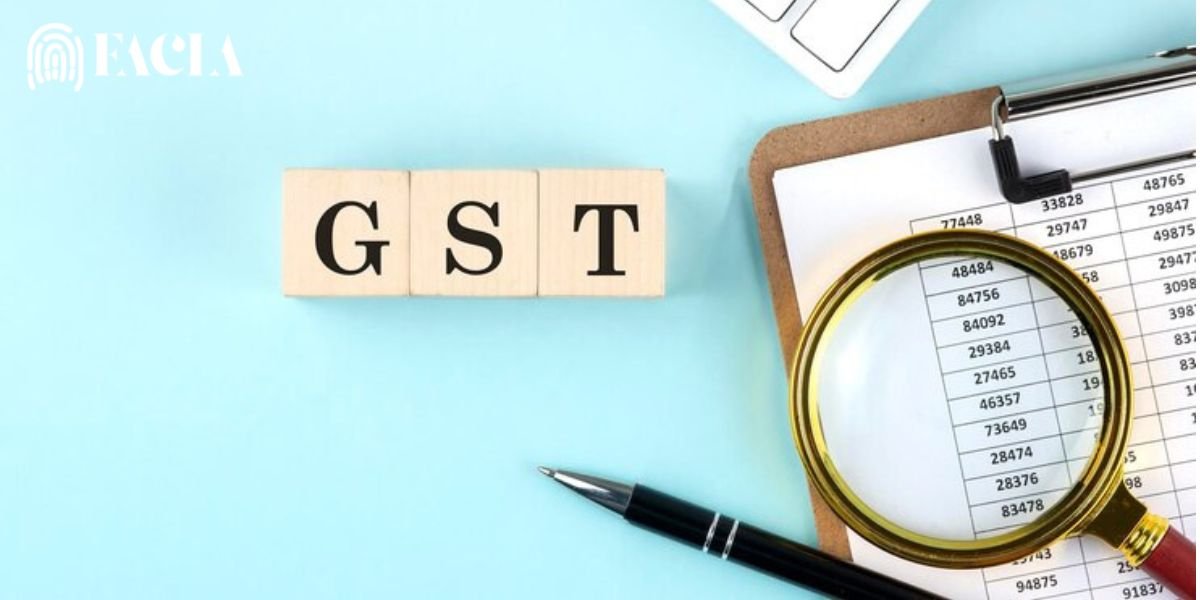Anyone going into a business establishment in Singapore must understand the GST Registration Number. The Inland Revenue Authority of Singapore (IRAS) issues this unique identifier to businesses registered under the GST system. We use it for GST returns and to send the collected tax to IRAS, typically by the end of each quarter.
However, understanding GST is not only necessary for businesses but also helpful for customers, as it allows them to identify whether a company is properly registered and authorized to charge GST. Hence, this article will present what GST is and why it is important to know a company’s GST registration status. The article also explains how to check and comply with a Singaporean business’s GST registration.
What is GST?
Goods and Services Tax (GST) in Singapore is a comprehensive consumption tax levied on the consumption of most goods, services, and imports. Unlike taxes that are paid directly to the authorities, GST is indirectly levied because businesses collect the tax from customers at the point of sale and then pass it on to the government. Taxes are collected at each stage of value addition in the supply chain until the end customer is reached. GST in Singapore is administered and overseen by the Inland Revenue Authority of Singapore (IRAS). GST contributes toward funding public services and serves as a key part of a stable tax structure, reducing reliance on personal income tax.
The great majority of businesses must register for GST, but there are a few small businesses or businesses with specific types of activities that may not be required to register. Understanding the workings of GST is vital for compliance as well as sound business planning in Singapore, which has one of the most regulated economies globally.
Discover more:
| Scannable IDs: Understanding the Technology behind Fake IDs. | Checking Company Registration in Singapore Using ACRA |
| TSA Acknowledges Florida Driver’s License Scanning Issues at Airports | Verification of Address: Documents, Methods and tips |
What is a GST Registration Number?
A GST Registration Number is a special 10-character identification number that is issued by IRAS to businesses that are registered for GST in Singapore. This number confirms that the government has authorized the business to charge GST on taxable goods or services and to remit it to the authorities.
This number must appear on invoices and tax-related documents whenever a business begins to charge GST. The purpose is to ensure transparency and proper tax handling, making both the government and customers aware of the business’s compliance.
Once your business exceeds the GST registration threshold, you are required to register and obtain this number. Without it, charging GST would be considered unlawful.
Who Needs to Register for GST in Singapore?
Get this correct. Every business in Singapore that gets S$1 million or more annual taxable turnover needs to get registered with Goods and Services Tax, or popularly known as GST. The income derived from the sale of goods and services subject to GST forms part of the taxable turnover. When it crosses that threshold in 12 calendar months, GST registration becomes compulsory, and the business must levy the GST on taxable supplies and submit returns to IRAS.
A company whose turnover is below the threshold of S$1 million may voluntarily register for GST. This method of registration is usually seen as making a strategic application for companies that would like to be recognized for their capability to claim input tax credits or have a good standing before their customers and suppliers. In addition, overseas businesses that sell digital products or services to consumers residing in Singapore, as well as those selling goods valued at S$ 100,000 or less, must register for the Overseas Vendor Registration (OVR) program. Local businesses that avail themselves of services from providers outside the country may also be required to account for GST under the reverse charge rule.
GST Registration Process in Singapore
In Singapore, the process of registering your business for GST consists of just a few key steps instituted by the Inland Revenue Authority of Singapore (IRAS). Whether mandatory or voluntary, understanding each stage ensures a smooth and compliant journey for registration.
Step 1- Identifying your Registration type
The first thing is to identify whether you need a retrospective or prospective registration:
- Retrospective registration is concerned with business turnover amounts that exceed S$1 million in tax.
- Prospective registration is eligible for expected taxable sales that would exceed the taxable turnover limit in the next 12 months, or for voluntarily choosing to register for operational or strategic reasons.
Step 2: Complete the obligatory e-learning part
Businesses voluntarily making registrations with the GST need to complete the e-learning “Overview of GST” and pass a short quiz on the same. This helps ensure that the applicants know the principles of GST, file returns, and common compliance issues. Although not made compulsory for the mandatory registrants, the applicant is always urged to take this to get acquainted with the system.
Step 3: Make the Application Online
Application is made online using the IRAS myTax Portal, which is only accessed through Corppass. Ensure that the person making the registration-director, staff, or tax agent-is authorized to deal with the application and access Corppass.
The following items must be prepared before finally submitting your application:
- Supporting documents (like business profile or financial statements) should be in PDF format, not exceeding 2 MB.
- GIRO setting for payments and refunds (This is compulsory for voluntary applicants). IRAS will send your GIRO form to the bank, and your bank will notify you of the outcome.
Step 4: Receive Confirmation and GST Registration Number
After processing the application, IRAS will notify you via email or SMS with your effective registration date and unique GST registration number. This number must appear on all tax invoices, receipts, and credit notes issued by your business. If you registered late, IRAS may assign a backdated registration to the point where your business was first liable.
Why Verifying GST Registration Matters in Singapore?
Confirming a company’s GST registration status in Singapore is probably the simplest yet most potent method for authenticating the legitimacy and compliance of all transactions and fraudulent behavior. It assures the consumer that the GST on his goods or services is being legitimately charged—only businesses that are registered with the Inland Revenue Authority of Singapore (IRAS) are allowed to collect GST. Such verification protects one from overcharging or fraudulent behavior, especially in an economy with mistrust and an utter lack of transparency.
For the same reason, this verification is essential for businesses- their vendor’s GST registration status is verified for compliance level purposes and also to be eligible to claim the input tax credits and thereby lower the overall tax liability. Checking GST registration is the right way of maintaining a disciplined financial regime and further strengthening the due diligence process. Whether you are acquiring goods or forming new relationships, such a little effort will protect your operation and enhance your reputation in a competitive and well-regulated market such as Singapore’s.





